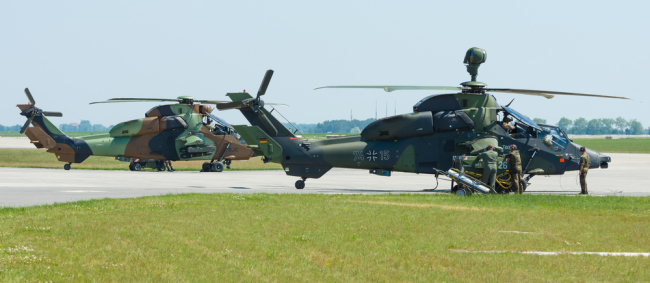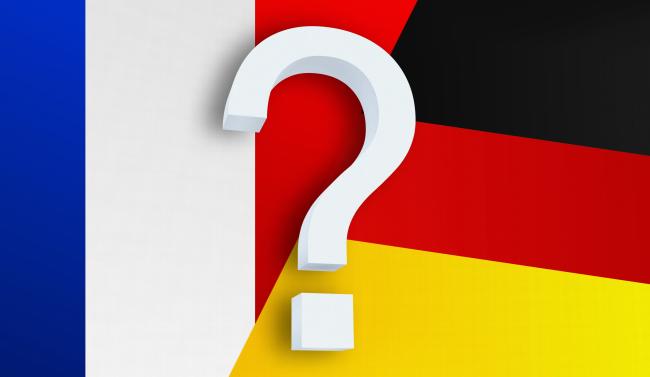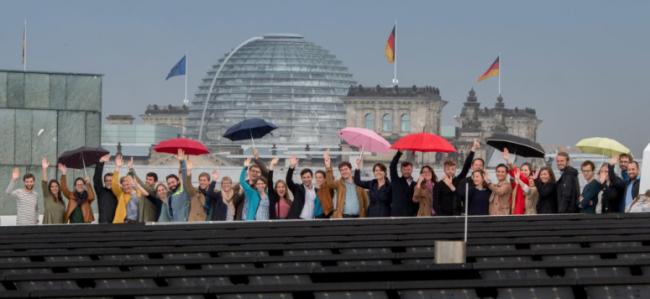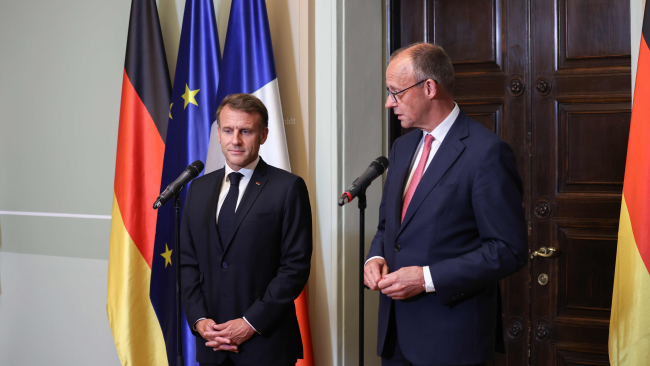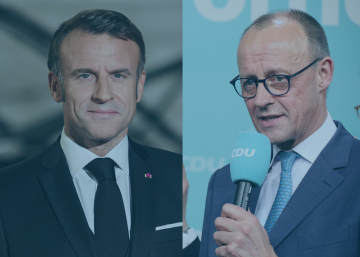The Franco-German Armaments Cooperation. An Impossible Agreement?
In the Aachen Treaty in 2019, Germany and France agree to deepen their "common program in defense matters" and to pursue a common vision in terms of arms export. These are the preconditions that will help consolidate a culture of common armed forces, common interventions, and European defense industry.
Breakthrough for Decentralized Franco-German cooperation? Perspectives after the Aachen Treaty
The development of Franco-German cooperation can be described as an intergovernmental process. Depending on the perspective, the capacity for innovation of the relationship lies either with central decision-makers at the state level or with decentralized actors at the local level.
Coronavirus: Franco-German solidarity put to the test
While the coronavirus health crisis is currently intensifying in Europe, it does not seem to be affecting France and Germany at the same pace or with the same intensity. The crisis is putting both countries' respective hospital systems to the test in different ways. France and Germany's economies are being mobilized, and social cohesion is enhanced. The crisis also impacting Franco-German and European solidarity.
European Identity/ies
Europe is divided in many ways. Brexit and rising nationalism are striking examples of this existing fragmentation. But what unites us Europeans? The Franco-German Future Dialogue 2019 has met fellow Europeans in thirteen member states of the European Union to discuss questions of identity. Do farmers feel European? What role do languages play? Do European communities exist? Does the "Fridays for Future-Generation" feel European? How diverse are the institutions?
France, Germany, and the Quest for European Strategic Autonomy: Franco-German Defence Cooperation in A New Era
How can France and Germany contribute to reaching the goal of European strategic autonomy? This key question has been guiding the work with the present report. In the light of a more demanding security environment, but also a rare momentum for further European integration, Berlin and Paris have to take their security and defense cooperation to the next level, bilaterally as well as in the EU.
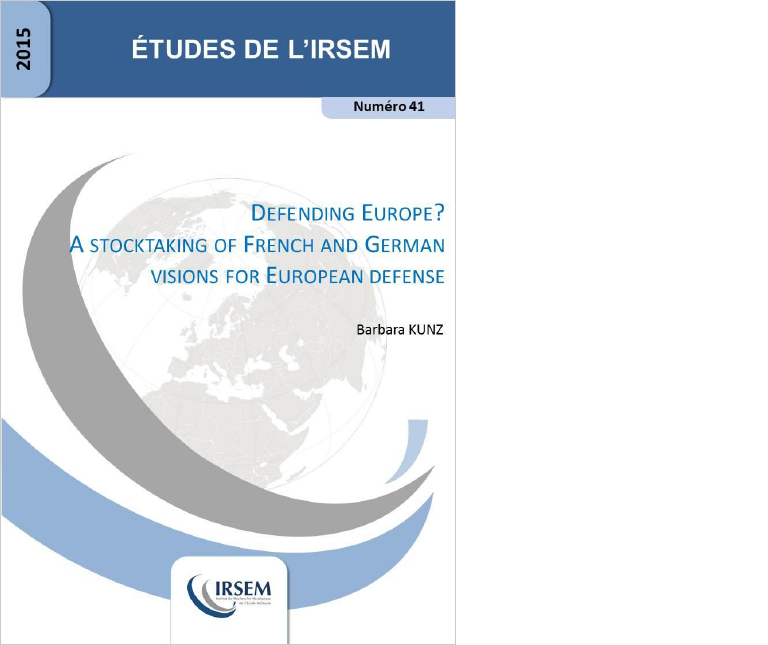
Defending Europe? A stocktaking of French and German Visions for European Defense
The aim of this study consists of taking stock of strategic thinking in France and Germany. More concretely, it intends to identify compatible and incompatible aspects, as well as the potential for compromise, in these national considerations on the future of CSDP and NATO. In so doing, it concentrates on five issues: strategic visions, threat perception and military doctrine; the institutional framework for European defense; military interventions; capabilities as well as the industrial dimension.
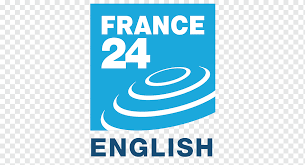
France and Germany boost defense ties amid global tensions
French President Emmanuel Macron hosted German Chancellor Friedrich Merz on August 29 for the Franco-German Council of Ministers. They discussed Europe’s economy, support for Ukraine, and defense, with Merz pushing for German leadership on security. But political tensions in France and Germany are straining the partnership amid broader concerns over NATO, nuclear deterrence, and Europe’s reliance on US protection. Marie Krpata, Research Fellow at the Study Committee on Franco-German Relations at IFRI, has more on this issue.
Macron turns to Merz as French parliament nears collapse
The French president must now rely more than ever on Merz to make his voice heard in Europe.
PARIS – Emmanuel Macron will host German Chancellor Friedrich Merz on the Riviera on Thursday evening, hoping support from Berlin can bolster his standing in the EU as the French government edges towards collapse.
Macron and Merz try to revive challenging French-German partnership in Berlin
The French president and the German chancellor met on Wednesday, July 23, to prepare for a joint cabinet meeting scheduled for August 29. From defense projects to trade negotiations, several disagreements remain.
Support independent French research
Ifri, a foundation recognized as being of public utility, relies largely on private donors – companies and individuals – to guarantee its sustainability and intellectual independence. Through their funding, donors help maintain the Institute's position among the world's leading think tanks. By benefiting from an internationally recognized network and expertise, donors refine their understanding of geopolitical risk and its consequences on global politics and the economy. In 2025, Ifri supports more than 80 French and foreign companies and organizations.









